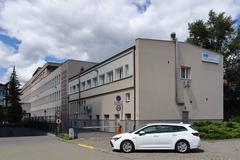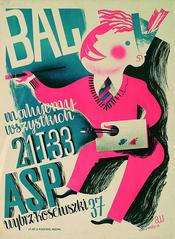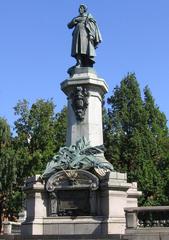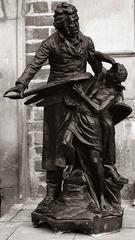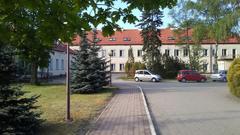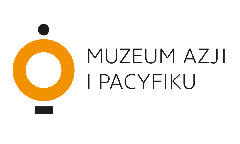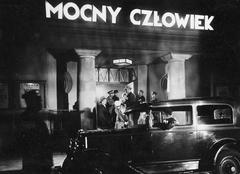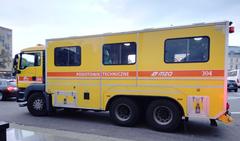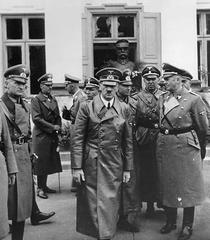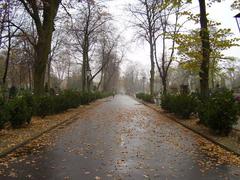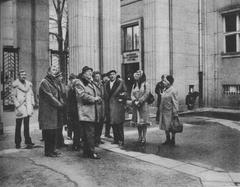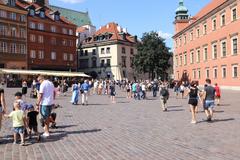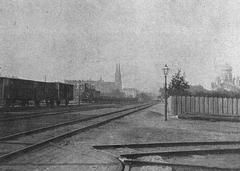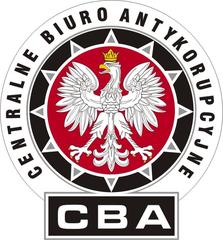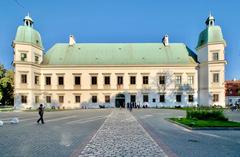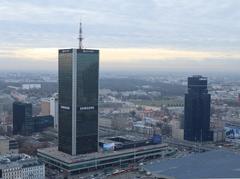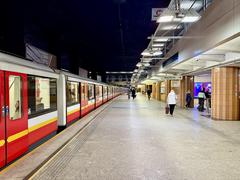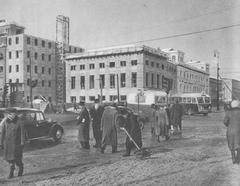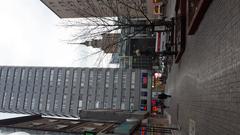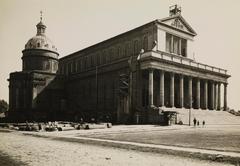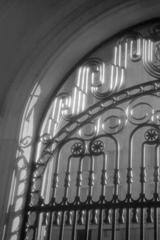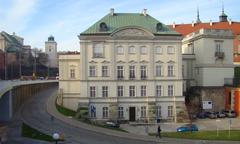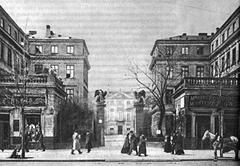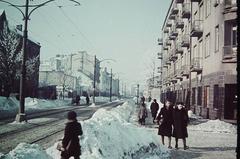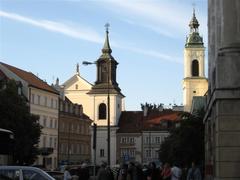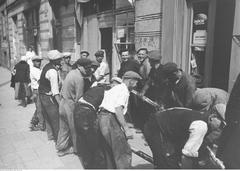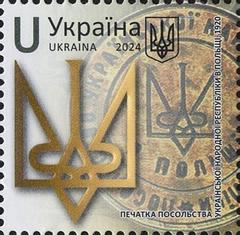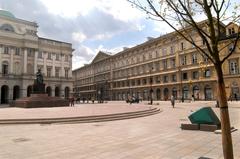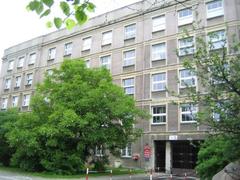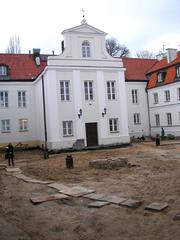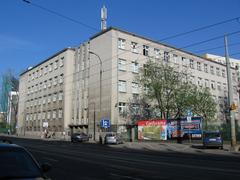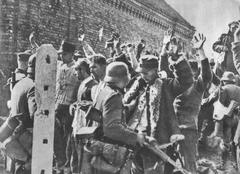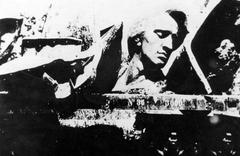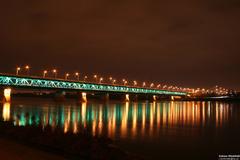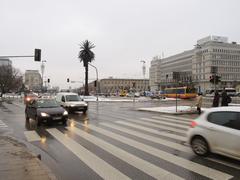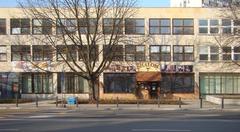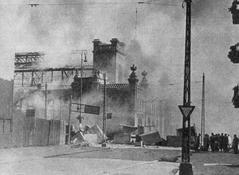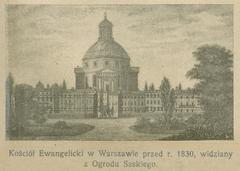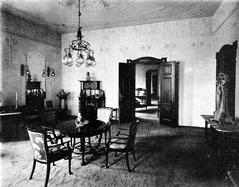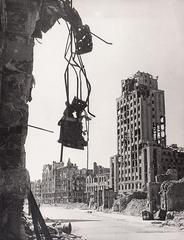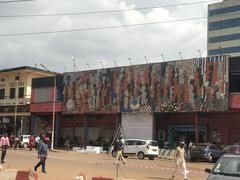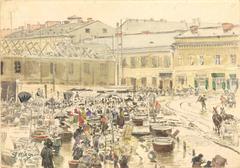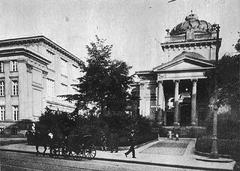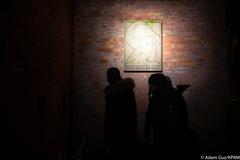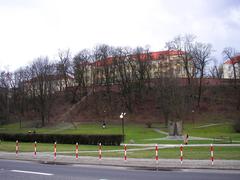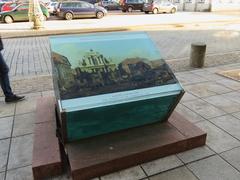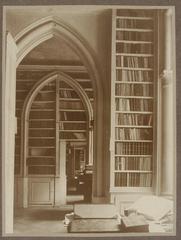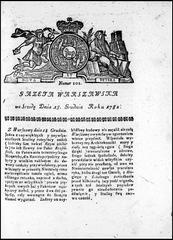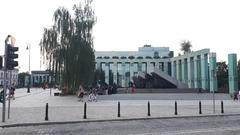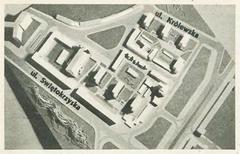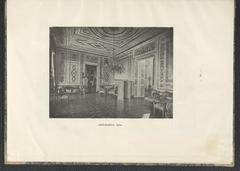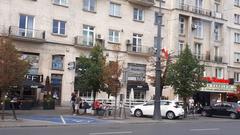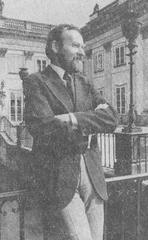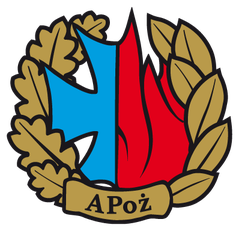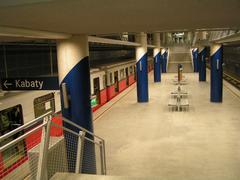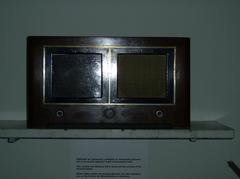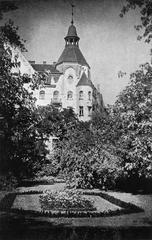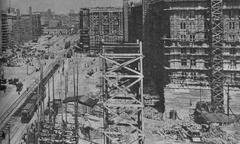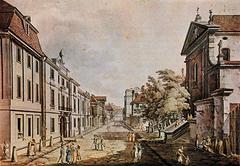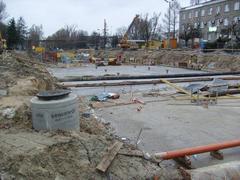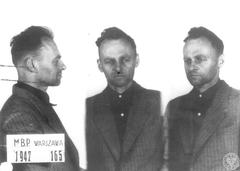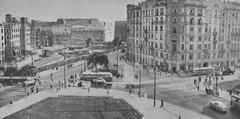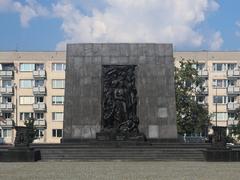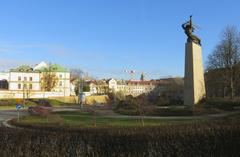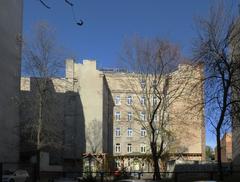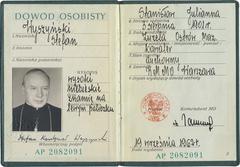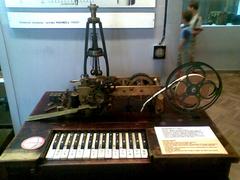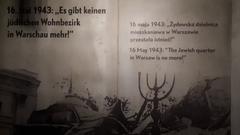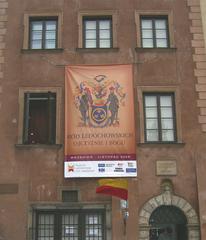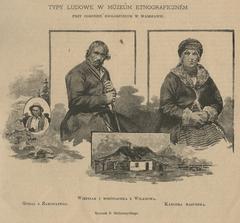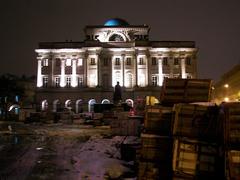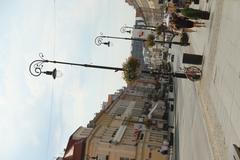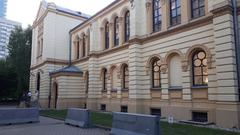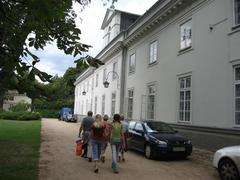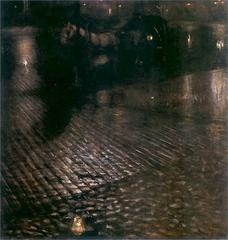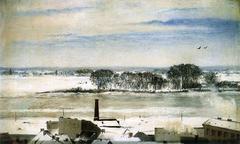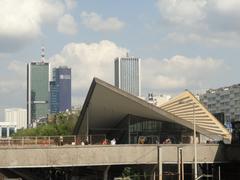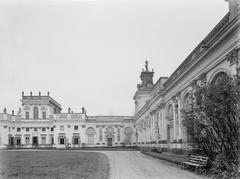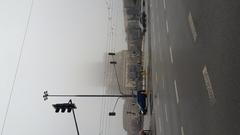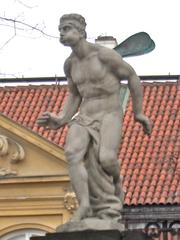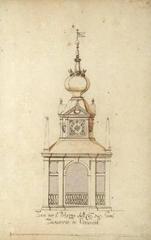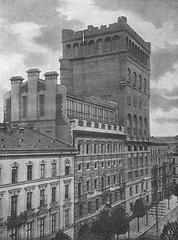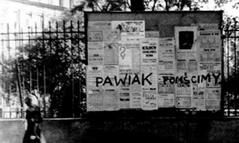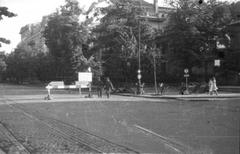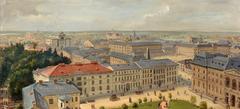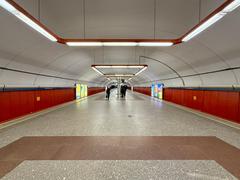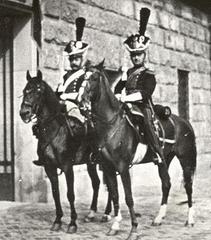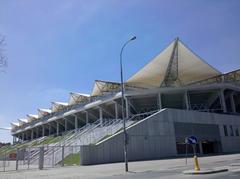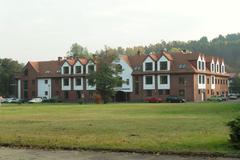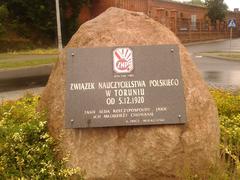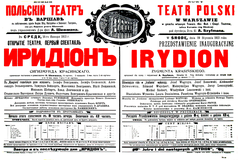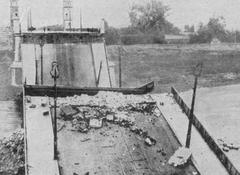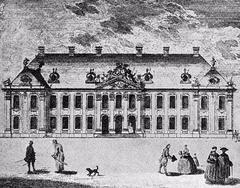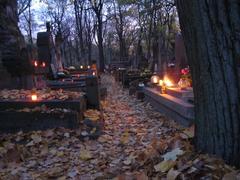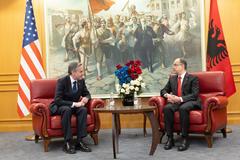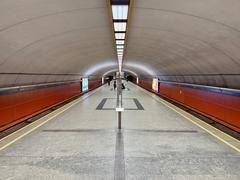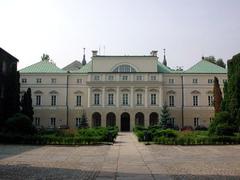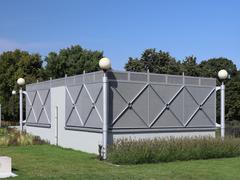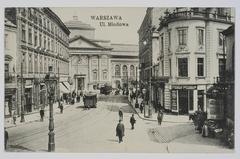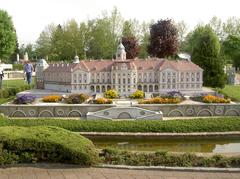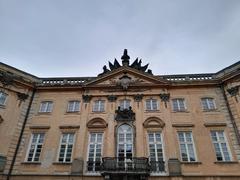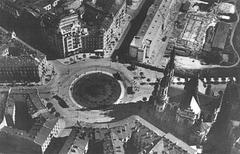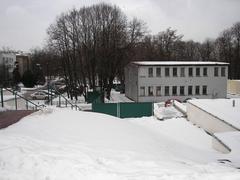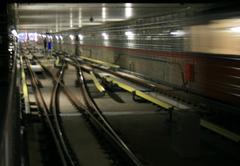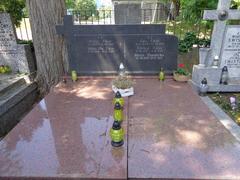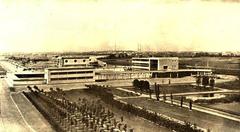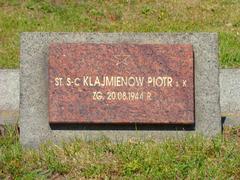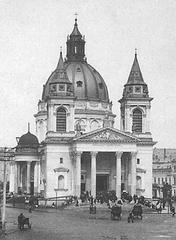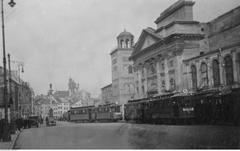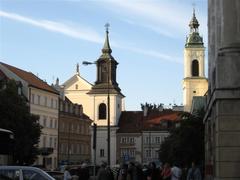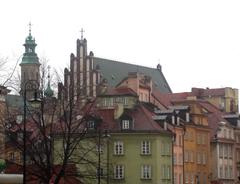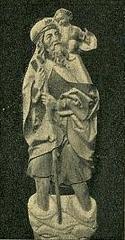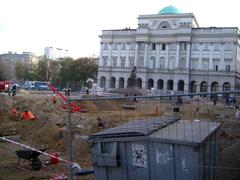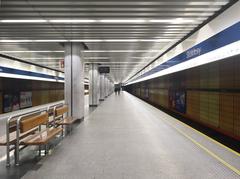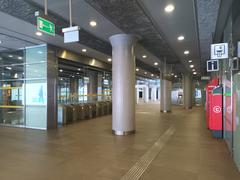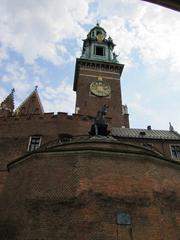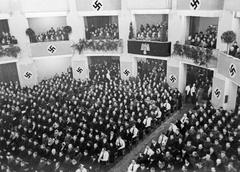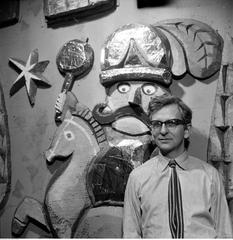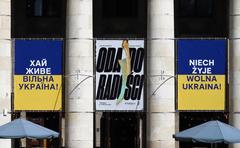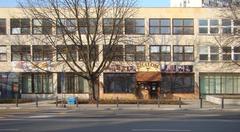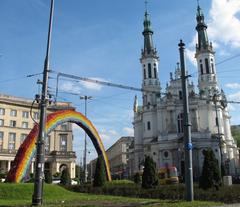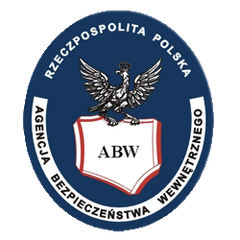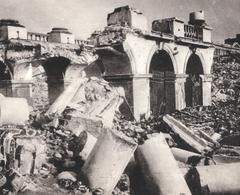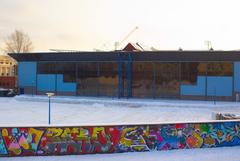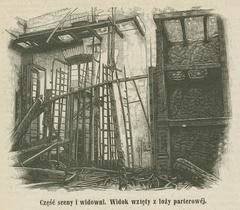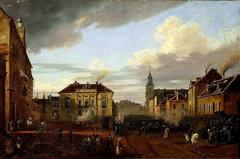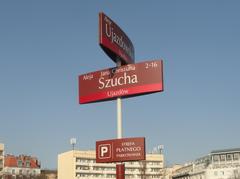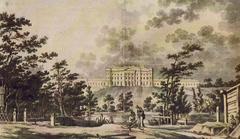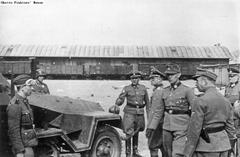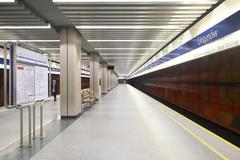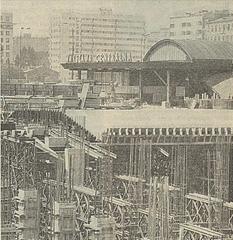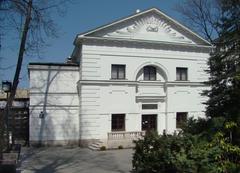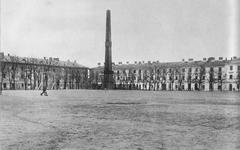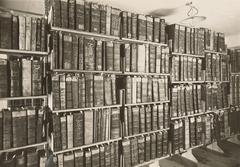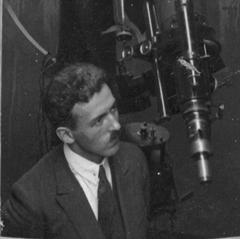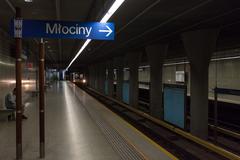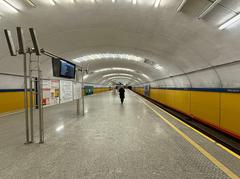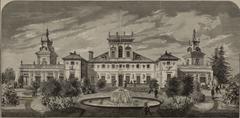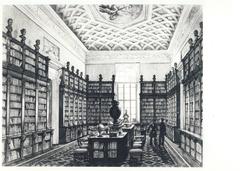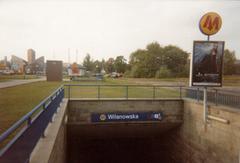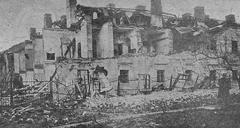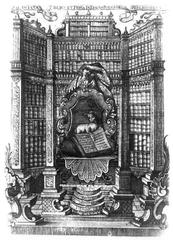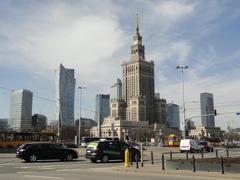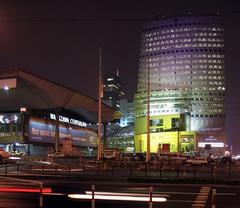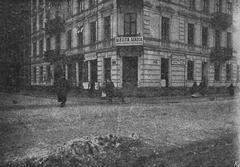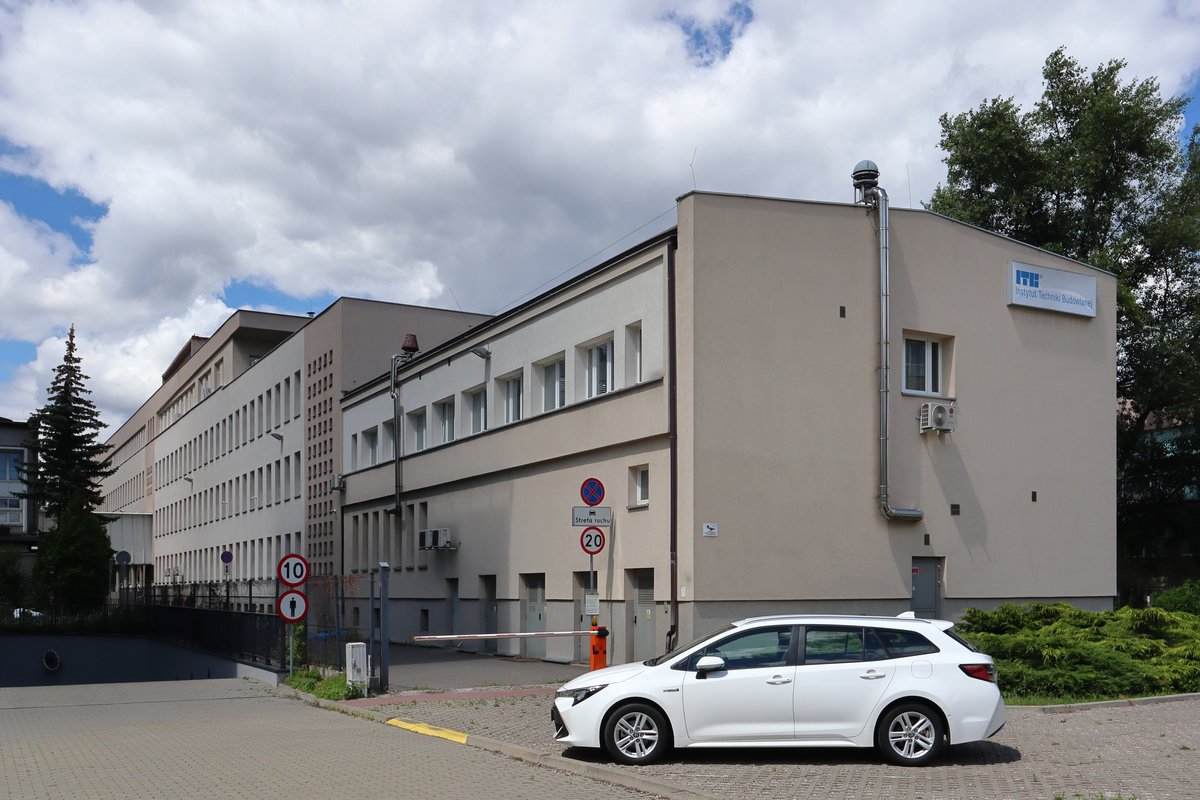
Visiting the Building Research Institute (ITB) in Warsaw, Poland: Tickets, Hours, and Tips
Date: 14/06/2025
Introduction
The Building Research Institute (Instytut Techniki Budowlanej, ITB) in Warsaw is a cornerstone of Poland’s architectural and engineering landscape. Established in the wake of World War II, ITB has shaped the city’s reconstruction, influenced national building standards, and continues to drive innovation in sustainable construction and urban development. Located in the vibrant Praga district, ITB offers architecture enthusiasts, professionals, and curious visitors a rare opportunity to engage with the scientific and cultural forces shaping Warsaw’s built environment.
This comprehensive guide covers ITB’s history, visitor information, architectural highlights, travel tips, and nearby attractions. For the latest updates on events and tours, consult the official ITB website and consider using the Audiala mobile app for curated architectural experiences.
(Source references: Discovering the Building Research Institute Warsaw, Parametric Architecture Warsaw Guide, SWPS University Campus Information)
Table of Contents
- Welcome to the Building Research Institute Warsaw
- Visitor Information: Tickets, Hours & Accessibility
- Guided Tours and Special Events
- Historical Background and Evolution
- Architectural and Urban Impact
- Campus Features and Facilities
- Practical Travel Tips
- Nearby Attractions
- Frequently Asked Questions (FAQ)
- Plan Your Visit
- References and Useful Links
Welcome to the Building Research Institute Warsaw
ITB stands at the intersection of Polish architectural heritage and scientific progress. While primarily a professional research facility, ITB periodically welcomes visitors for events, lectures, exhibitions, and guided tours, providing unique access to its archives, laboratories, and modernist campus.
Visitor Information: Tickets, Hours & Accessibility
- Opening Hours: Monday–Friday, 9:00 AM–5:00 PM. Access outside these hours is generally not available.
- Tickets: Admission to public exhibitions and events is usually free, but prior registration is often required.
- Accessibility: The campus is fully accessible, with ramps, elevators, and dedicated facilities for visitors with mobility or sensory impairments. Contact ITB ahead for specific accommodations.
For current event schedules and visitor policies, check www.itb.pl.
Guided Tours and Special Events
ITB opens its doors for special occasions such as:
- EUROCONSTRUCT Conferences: International forums on construction trends.
- Open House Warsaw: City-wide event granting access to architectural landmarks.
- Temporary Exhibitions: Focused on Poland’s architectural heritage and ITB’s innovations.
Guided tours (by prior arrangement) offer insights into ITB’s research, archives, and architectural legacy. For availability, contact the Institute or consult the events calendar.
Historical Background and Evolution
Founding and Early Years
Founded in 1945, ITB emerged as a response to the massive destruction of Warsaw during WWII. Tasked with supporting the city’s reconstruction, ITB developed new materials, assessed structural damage, and set essential safety standards.
Postwar Reconstruction
ITB’s research underpinned the rebuilding of Warsaw’s Old Town (a UNESCO World Heritage site) and established the first Polish building codes, focusing on fire safety, structural integrity, and resource efficiency.
Communist Era and Transition
During the socialist era, ITB expanded into acoustic studies, environmental protection, and the oversight of large-scale housing projects. After 1989, the Institute modernized, aligning its standards with the European Union and emphasizing sustainability.
Modern Research Focus
Today, ITB leads research in sustainable construction, structural safety, and modernization, with advanced laboratories supporting innovation in building science.
Architectural and Urban Impact
ITB has profoundly shaped Warsaw’s urban landscape by blending heritage conservation with modernist innovation. Its influence is evident in the city’s reconstructed historic districts and contemporary housing estates, ensuring that new developments respect Warsaw’s historical context while embracing modern urbanism.
Campus Features and Facilities
Architectural Overview
Located in the Praga district, ITB’s campus reflects postwar modernist principles: rectilinear forms, reinforced concrete, and expansive glazing. Recent renovations emphasize sustainability and energy efficiency (Parametric Architecture).
Notable Features
- Laboratory Wings: Modular, vibration-dampened spaces for advanced research.
- Central Atrium: A skylit hub fostering collaboration.
- Accessibility: Comprehensive facilities for all visitors (SWPS University).
Visitor Facilities
- Research Laboratories: Specializing in materials testing, structural engineering, and environmental simulation.
- Conference and Educational Spaces: Modern halls equipped for workshops and international events.
- Library: Technical literature and digital resources.
- Dining: Cafeterias and lounges for informal meetings.
- Parking: On-site, free, including spaces for disabled visitors.
- Security: Reception desks for inquiries; photography by permission only in research areas.
Practical Travel Tips
- Transport: Easily accessible by tram and bus; stops are within walking distance (ESCP).
- Best Visiting Period: Spring and early autumn for pleasant weather.
- Language: English is spoken at public events, but a translation app or basic Polish is helpful.
- Preparation: Arrange visits in advance and bring identification.
Nearby Attractions
Enrich your visit by exploring:
- Warsaw Old Town: Rebuilt postwar, UNESCO-listed (UNESCO).
- Royal Castle: A national heritage symbol.
- Warsaw University Library: Renowned for its rooftop garden and modern design (Warsaw University Library).
- Palace of Culture and Science: Example of socialist realist architecture.
- Copernicus Science Centre: Interactive science museum (Copernicus Science Centre).
Frequently Asked Questions (FAQ)
Is ITB open to the public?
ITB is mainly a research facility with limited public access, but special events and tours are offered periodically.
Are guided tours available?
Yes, by prior arrangement or during public events.
Is there an entry fee?
Most public events are free, though some may require registration.
Is the campus accessible?
Yes, including ramps, elevators, and accessible restrooms.
Can I park on site?
Yes, with free general and accessible parking.
What about photography?
Permitted only with prior permission, especially in laboratories.
Plan Your Visit
- Confirm event schedules and register via www.itb.pl.
- Download the Audiala app for guided tours and updates.
- Combine your ITB visit with trips to nearby architectural and scientific sites for a comprehensive Warsaw experience.
References and Useful Links
- Building Research Institute Official Website
- Parametric Architecture Warsaw Guide
- SWPS University Campus - Praga District
- Warsaw Old Town UNESCO
- Warsaw University Library
- Copernicus Science Centre
- ESCP Europe - Warsaw
For further reading, see: Discovering the Building Research Institute Warsaw, Building Research Institute Warsaw: Visiting Hours, Tickets, and Campus Guide, Parametric Architecture Warsaw Guide.
Final Tips
The Building Research Institute stands as a testament to Poland’s resilience and innovation. While not a conventional tourist site, its public events and guided tours offer rare insights into the science and policy behind Warsaw’s urban transformation. Plan ahead, check the official website, and combine your visit with other cultural highlights for a rewarding journey into the architectural heart of Warsaw.
